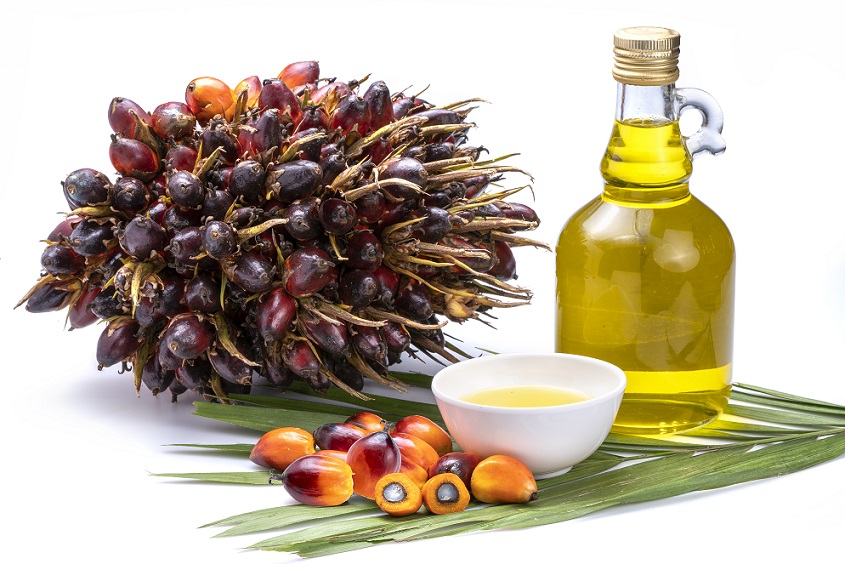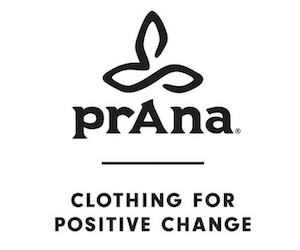Sustainable Palm Oil:
For quite some time, there have been sustainability issues with Palm Oil and Palm Kernel Oil. They’re both components that can contribute greatly to soap making. Specifically, by creating a beautifully hard, and well lathering bar of soap when paired with coconut oil. In addition, to being a very versatile raw material. Today we’re excited to discuss sustainable palm oil.
Like beforementioned, palm oil is widely used. In fact, palm oil is found in about 50% of products on supermarket shelves. Demand for palm oil is always increasing, meaning that more land needs to be cleared for more oil palm plantations to meet global demand.

The importance of palm oil cannot be overstated. It is the most efficient oil crop available. In addition, crucial when it comes to feeding the growing number of people in the world. Not only that, many farmers around the world rely on the money they earn from harvesting palm to support their families.
One of the large reason for the initiation of the RoundTable for Sustainable Palm Oil (RSPO), is that palm oil has been linked to the need to develop larger plantations to meet the demand for this raw material. One of the biggest producers of oil palm fruit is Malaysia, the primary home of an endangered species – The Sumatran orangutan.
A Message From Us:
Here are RNtoZen we only use Sustainable Palm Oil. Importantly, we only purchase our Palm Oil from venders who are members of the RoundTable of Sustainable Palm Oil. As we continue to use palm in several recipes, we continue to work on complete palm-free recipes for those who prefer.

Surely, you see the need for sustainable agriculture to maintain the economy while also stopping the damage to the environment. Sustainable palm oil is the only way we can move forward with using this versatile product.
In comes to play the RoundTable for Sustainable Palm Oil or RSPO.
Roundtable for Sustainable Palm Oil (RSPO):
Founded in 2005, the RSPO aims at creating a system to identify and certify sustainably grown palm oil. Furthermore, creates the guidelines that member growers need to follow. RSPO guidelines do not only focus on environmental issues. In addition, It focuses on having ethically sourced palm oil.
As such, members have to provide improved working conditions, better wages and spearhead local discussions on the impact they have on the local and native land.
The RSPO guidelines aim at ensuring that palm oil producers follow a legal, social and environmentally responsible path to palm oil production. It received acknowledgement from the World Wildlife Foundation.
The World Wildlife Foundations views RSPO as a milestone in the right direction for the production of palm oil. RSPO provides guidelines for the conservation of tropical forests and ensuring social safeguards in the production of certified sustainable palm oil.

Companies Registered with the RSPO:
Palm oil is an essential ingredient in biodiesel and some commercial foods. Furthermore, it is the primary cooking oil for some communities in Africa and Asia. Soap companies also use palm oil. Many companies have therefore registered with the Roundtable for Sustainable Palm Oil. Thus, as a means to ensure that they are part of the sustainable palm oil production.
Companies (including soap makers) that do not register with RSPO may miss out on potential business opportunities. If a company avoids certification by RSPO or skips a few steps in the certification process, it may risk being negatively exposed. Negative public exposure harms companies.
Because RSPO is not only focusing on environmental conversation, companies with negative public exposure on RSPO may risk losing a lot more – including the trust of their customers.

Registering with RSPO shows that a company will show commitment in regulating its supply chain. Thus, ensuring that they will use ethically sourced palm oil. Because RSPO advocates for better working conditions and better wages, registered companies have reported several benefits. For example, reduced emission of greenhouse gases, better practices of waste management, reduced usage of pesticides, improved compliance with statutory regulatory requirements, reduction of workplace accidents, and enhanced productivity.
For all you beginner soap makers out there, read this post by Brambleberry, as it expands on many of these concepts even further.
Final Thoughts!
As much as palm oil is an essential component of many products, including foods, biofuel and soap, clearing forest land for oil palm plantations causes land conflicts. Companies need to show commitment to the conservation of forest land and the provision of a better working environment.
As such, they are registering with RSPO. Soap companies are some of the companies showing commitment to using ethically sourced palm oil.


